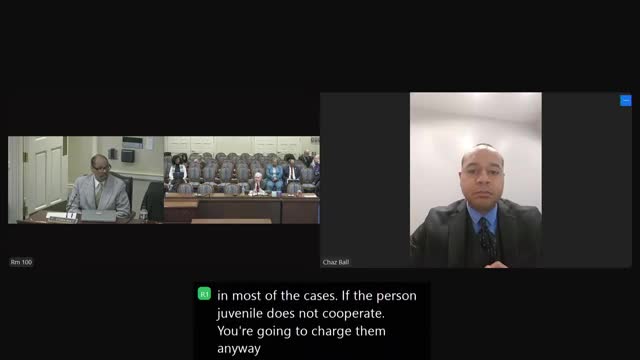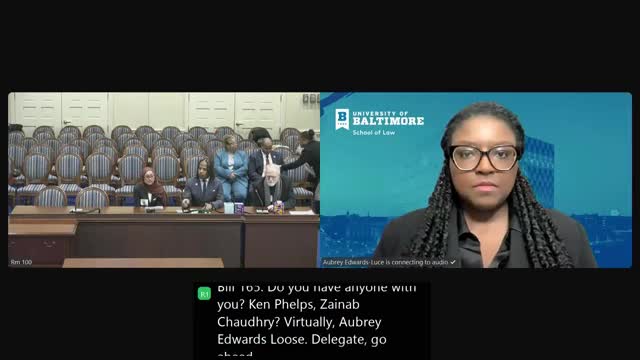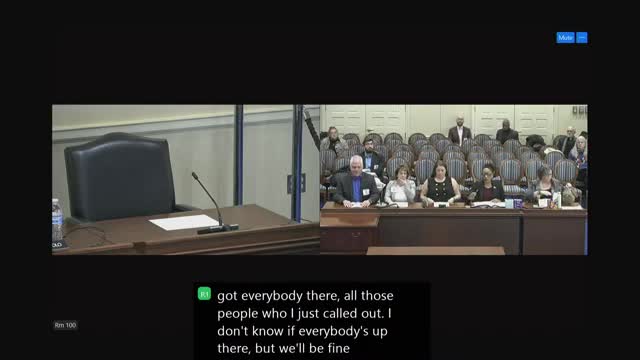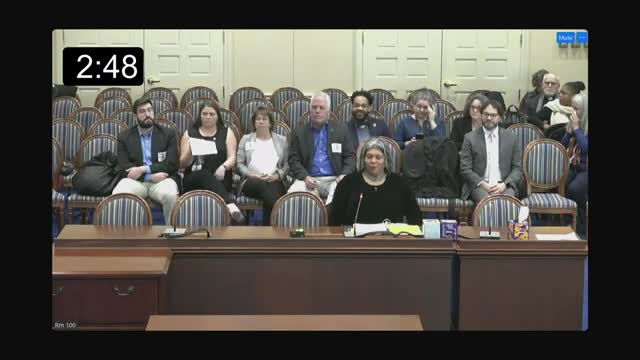Article not found
This article is no longer available. But don't worry—we've gathered other articles that discuss the same topic.

Panel backs clarifying law to let minor parents seek child support without parental permission

Committee debates bill to limit use of deceptive interrogation tactics on children

Panel backs streamlining adult-adoption process to remove parental-notice requirement

